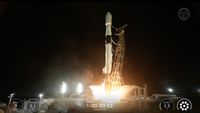
SpaceX launches Italian Earth-observing satellite to orbit on the 1st mission of 2026
SpaceX launched the first mission of 2026 tonight (Jan. 2), sending an Italian Earth-observing satellite to orbit.

By Jamie Carter last updated
Find out what you can see in the night sky for tonight, from planets and stars to dazzling meteor showers.
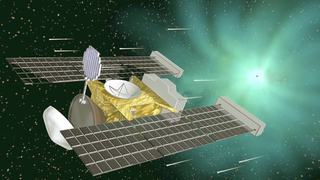
By Hanneke Weitering last updated
On Jan. 2, 2004, NASA's Stardust spacecraft flew by comet Wild 2 to collect some comet dust and bring it back to Earth.
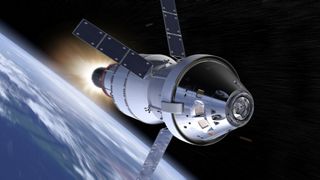
By Samantha Mathewson published
From astronauts looping around the moon to spacecraft reaching Mercury and asteroids near Earth, 2026 is shaping up to be a landmark year for space exploration.
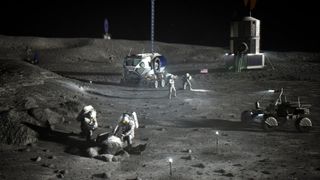
By Sharmila Kuthunur published
"It's really not a question of robotic exploration or human exploration," Ehlmann said. "It is an 'and' — it's robotic and human exploration and how we do these best together."

By Kenna Hughes-Castleberry published
Do you want to build a snowman?
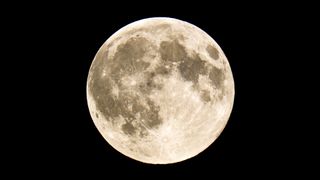
By Joe Rao last updated
Reference The full moon names for each month, why they're named so and what we can expect from these lunar events.
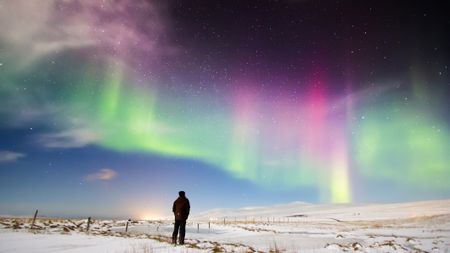
The latest aurora forecast for tonight help you make sure you're in the right place at the right time to see the northern lights.
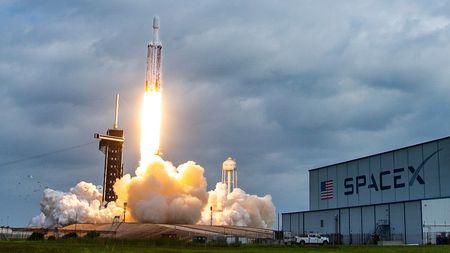
Follow Space.com's rocket launch blog for the latest on when the next rocket launch will be and how to follow it live.

Find out what you can see in the night sky for tonight, from planets and stars to dazzling meteor showers.
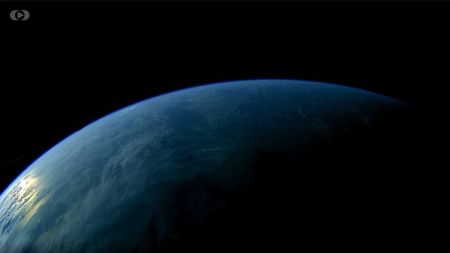
Witness live views of Earth from the International Space Station as it orbits the planet. Space streaming company Sen is broadcasting 24/7 from the ISS in beautiful 4K HD.

NASA astronaut Sally Ride became the first American woman in space aboard the space shuttle Challenger.
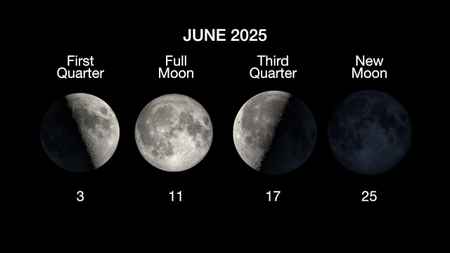
See what moon phase it is tonight and find out when you can see the rest of the moon phases for 2025.
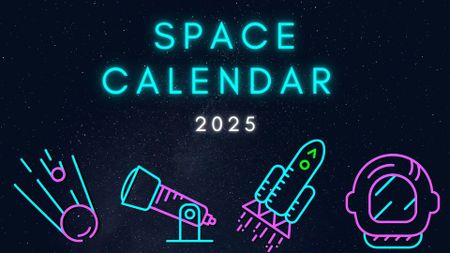
Keep up with all the rocket launches, astronomical events and mission milestones for 2025 with our space calendar.

By Leonard David published
"Science doesn't always go as planned. In any case, there's a lot of work to be done."

By Alexander Cox published
Which is the best streaming device out there? We've pitted four of the best models on the market against each other to determine the top option.
Please login or signup to comment
Please wait...